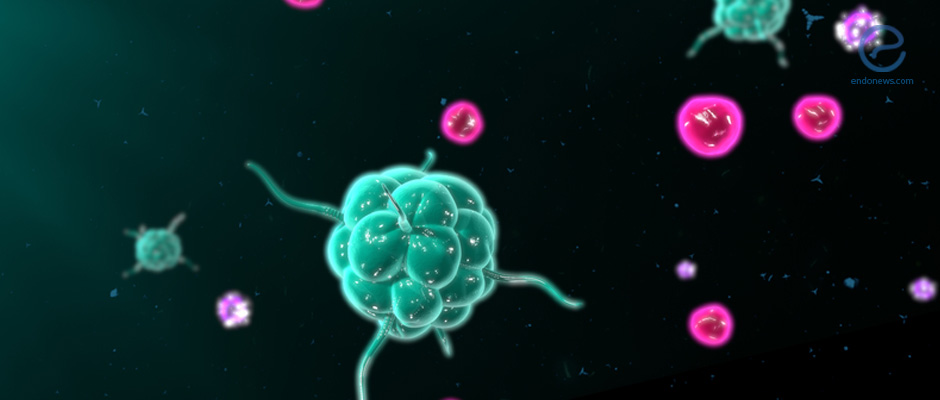Activities of cytotoxic cells in endometriosis
Immunological dysfunction is thought to be involved in the etiopathogenesis of endometriosis, leading to defective immunosurveillance and the growth of endometriotic lesions. In this pathway, reduced cytotoxicity of peripheral and peritoneal natural killer (NK) cells is seen as a contributing…
Key Points Lay SummaryWhy Do Some Women Develop Endometriosis While Other Don’t?
Chemotaxis by natural killer cells as well as cytotoxicity is significantly decreased in the peritoneal cavity of women with endometriosis, according to a new study published in the American Journal of Reproductive Immunology. This means that antigens that enter the…
Key Points Lay SummaryThe Role of Endometrial Cytokines on the Infertility in Endometriosis Patients
The intrauterine microenvironment and underlying immunological mechanisms in endometriosis pathogenesis have been a popular research topic, mainly due to the efforts to comprehend the reason to elucidate infertility that these patients suffer from. Because of their superiority to other immune…
Key Points Lay SummaryCombined contraceptive pills and immune system cells in the endometriotic cyst wall
Dr. Wanwisa Waiyaput and associates from Mahidol University, Bangkok, Thailand, have published their results on the immune regulatory cells of the surgically resected endometriotic cyst walls in the “Journal of Ovarian Research”. The defective immune response is believed to have…
Key Points Lay SummaryInhibiting killer on the move
The three main forms of endometriosis are superficial, ovarian, and deep endometriosis. The latter is defined by the presence of endometriotic nodules that are deeper than 5 mm. Deep endometriosis is considered the most aggressive and is associated with severe…
Key Points Lay SummaryMenstrual Effluent Can Change the Future of Endometriosis
During Endometriosis Awareness Month, Warren et al. published a paper entitled “Analysis of menstrual effluent: diagnostic potential for endometriosis” in Molecular Medicine. This paper relies heavily on the theory of retrograde menstruation, where menstrual effluent flows into the peritoneal cavity.…
Key Points Lay SummaryA review on the role of immune cells on the pathogenesis of endometriosis
Immune cells play a vital role in the homeostasis against infectious pathogens but also in the pathogenesis of endometriosis. Recent research has suggested that different immune cells have unique roles in this pathogenesis. Neutrophils, which are typically the primary acute…
Key Points Lay SummaryRole of immune cells in endometriosis
Immune cells have essential functions in the body such as detection and clearance of abnormal cells and debris. One of the possible mechanisms for the development of endometriosis is proposed to be the impaired function of immune system cells in…
Key Points Lay SummaryThe Role of Natural Killer Cells in the Development of Endometriosis Unravelled
Specialized immune cells called natural killer cells found in the peritoneal fluid of women with severe endometriosis may facilitate the development of the disease, according to a study published in the American Journal of Reproductive Immunology. This finding could help…
Key Points Lay Summary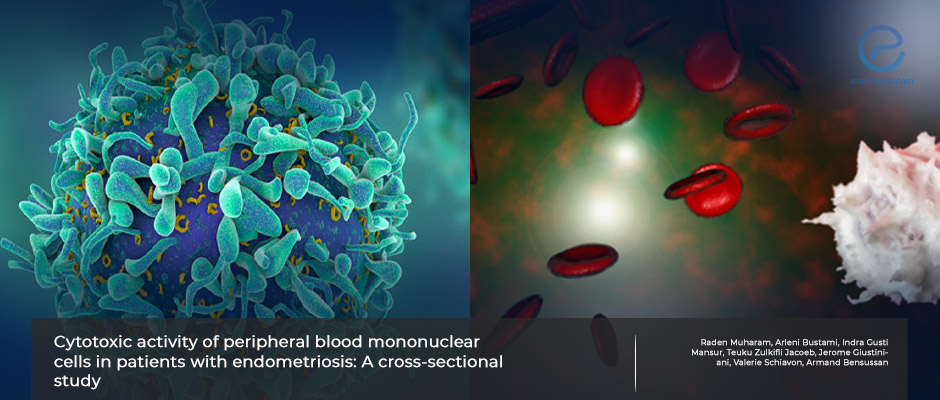
 By Eylül GÜN
By Eylül GÜN

 By Özge Özkaya
By Özge Özkaya
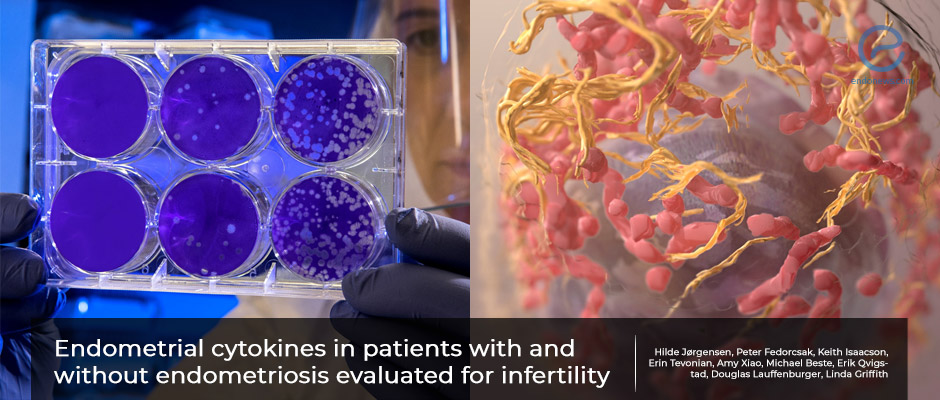
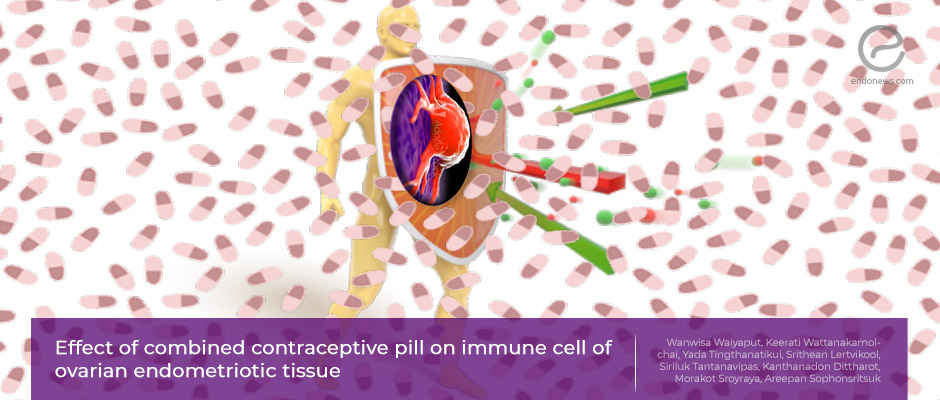
 By Nasuhi Engin Aydin
By Nasuhi Engin Aydin
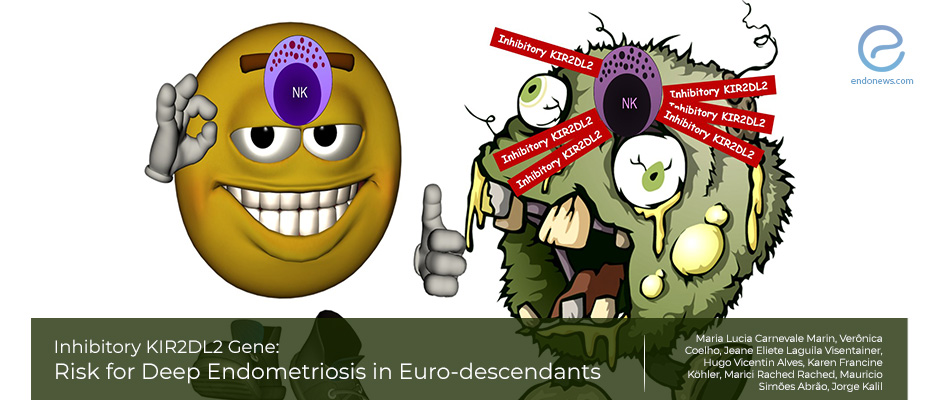
 By Yu Yu
By Yu Yu

 By Kasthuri Nair
By Kasthuri Nair
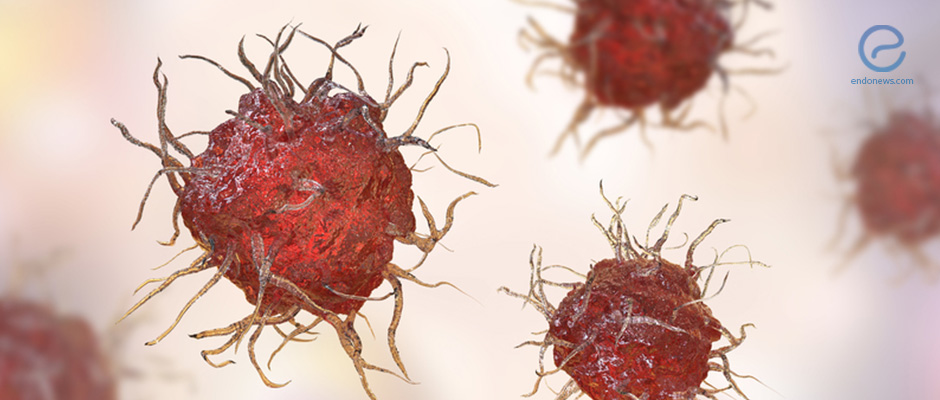
 By Murat Osman
By Murat Osman
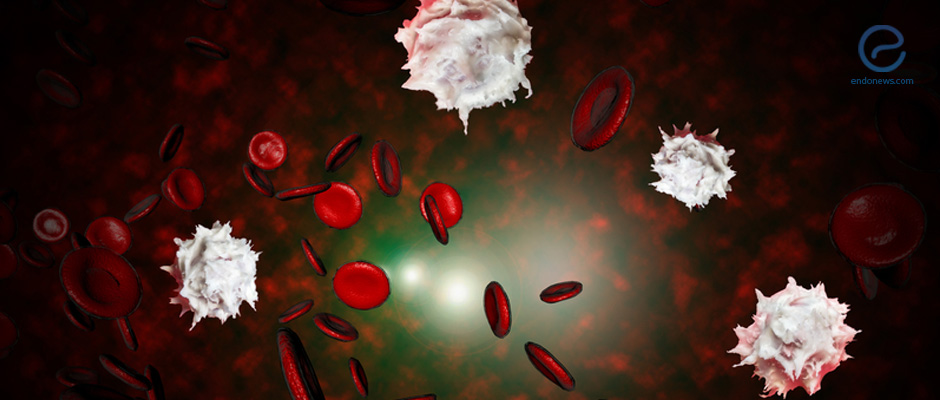
 By Demet Candaş Green
By Demet Candaş Green
